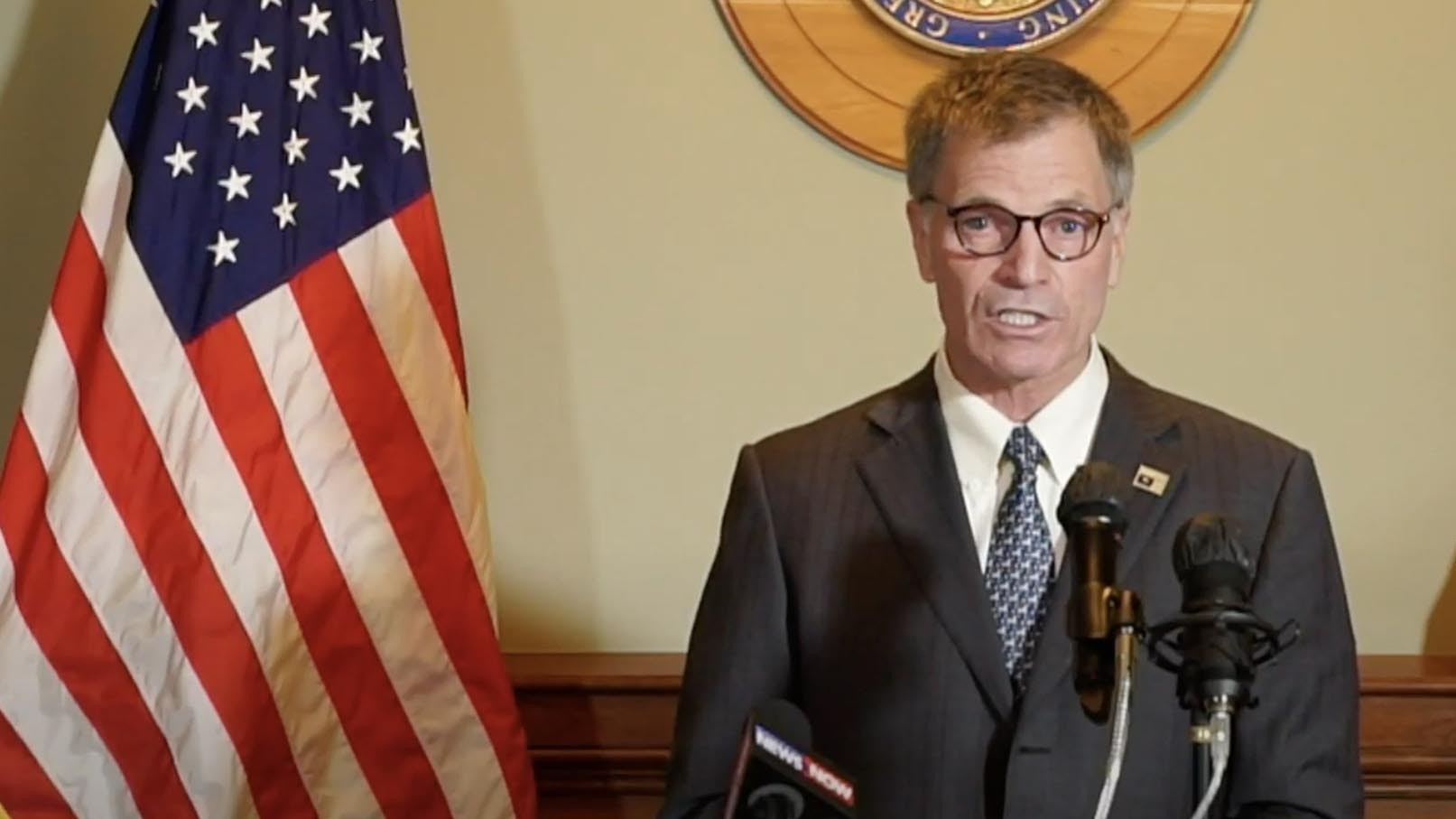A move to reverse federal water rules put in place by former President Donald Trump is being criticized by Gov. Mark Gordon.
Gordon on Thursday said he was disturbed to learn the U.S. Environmental Protection Agency and U.S. Army Corps of Engineers plan to reverse the Trump administration’s “Navigable Waters Protection Rule,” which defined which bodies of water are under federal control and which are under state control.
“It is frustrating and deeply disturbing to see that the agencies are yet again pivoting, without any consultation with the governors, on a very important matter governing the Clean Water Act’s jurisdiction,” he said in a statement. “I see no need to revisit the rulemaking and am happy with where the rule currently stands.”
The Trump administration in 2020 approved the “Navigable Waters Protection Rule,” which was designed to provide protection from pollution for the nation’s waters while allowing economic growth.
The rule was seen as a way to solve confusion over whether certain waters, such as wetlands, were subject to federal regulation under the Clean Water Act.
On Wednesday, the EPA announced it would work with the Corps of Engineers to revise the definitions again to provide needed protection to the country’s water.
The EPA said the old rule was leading to “significant environmental degradation” and added it would seek “input from a wide array of stakeholders” to develop rules to better protect the nation’s waters.
Jaime Pinkham, acting secretary of the Army for Civil Works, said the Navigable Waters Protection Rule has resulted in a drop in the amount of water to be afforded federal protection by 25 percentage points.
But Gordon said the rule changes are being proposed without the input of the states, who are also responsible for water quality.
“I also want to remind the agencies that states are co-regulators of our waters,” he said. “The EPA and the Corps should tap into our expertise and approach us cooperatively as the agency continues its review.”





